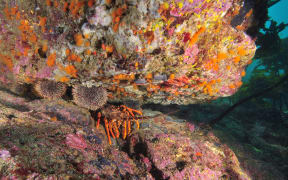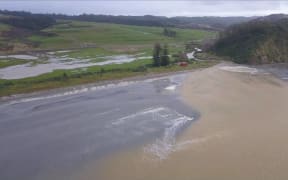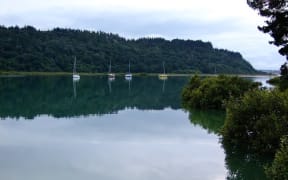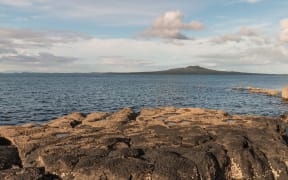Environmentalists are hopeful that a new government body will have the teeth to implement long-awaited protections for the Hauraki Gulf.
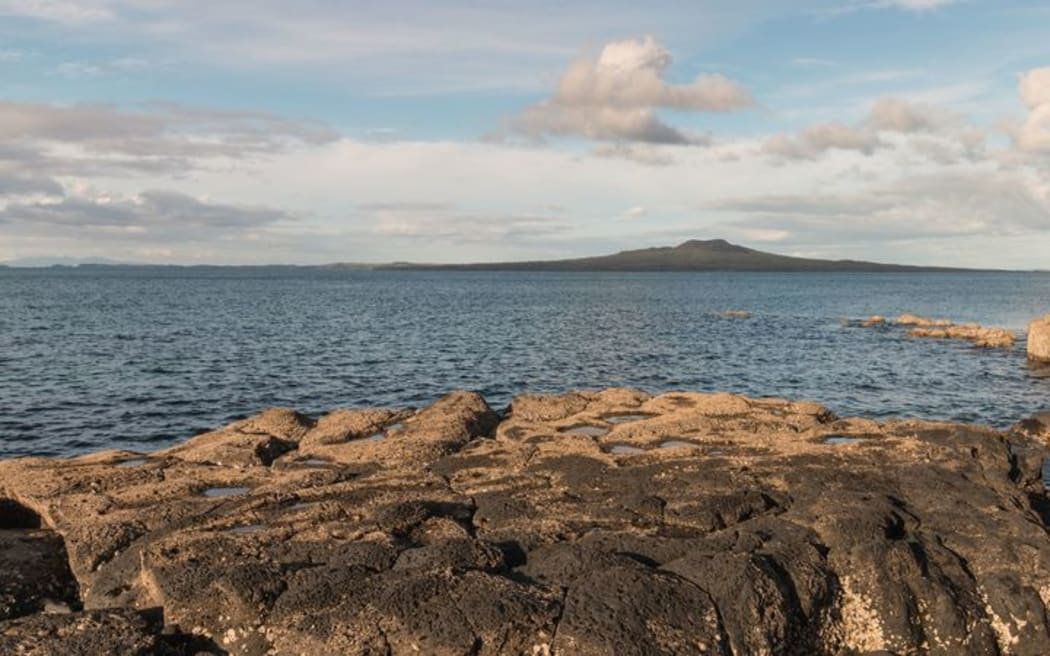
Photo: Supplied
The government this morning announced it will set up a ministerial advisory committee to put the Sea Change Plan into action, nearly two years after it was released.
The 300-page Sea Change Plan puts forward 181 proposals for improving the health of the Hauraki Gulf and the species that inhabit it.
It seeks to ease pressure on fish and wildlife stocks, restore the health of the gulf's fragile ecosystems and stem the flow of sediment and heavy metals leaching into water.
But it's been sitting dormant for two years, until today.
Conservation Minister Eugenie Sage said the new ministerial advisory committee would assess the plan's recommendations and report back to government.
"There is a common interest across a range of stakeholders in restoring the Hauraki Gulf to health," she said.
"It will mean better fisheries, both recreationally and commercially; it will mean improving the habitat for the myriad of marine mammals, sea birds and fish species there; and it'll mean improving its recreational value."
Recommendations include phasing out destructive fishing methods like bottom trawling by 2025 and creating 15 new marine protected areas.
The minister said there wouldn't be additional funding allocated for the plan, but she's confident there would be enough resources available through the existing Department of Conservation and Fisheries New Zealand budgets.
"The state of the gulf has continued to decline - we need to improve it. It's a key area for Auckland and Waikato regions, it generates $2.7 billion in economic return. Its health needs to be improved."
New Zealand Sport Fishing Council spokesperson Scott Macindoe was in no doubt which of the Sea Change recommendations he wanted to see first.
"Eliminate trawling," he said. "There simply is no place for those methods in the Hauraki Gulf, not to mention the entire inshore fishery of Aotearoa."
However, Mr Macindoe said banning trawling from the gulf alone would just move fishing operators to other areas, and he doubted it'd cause a net reduction in the trawling catch.
"We're just displacing this awful practice into the next-door neighbour's place."
Environmental Defence Society spokesperson Raewyn Peart said it had been a frustrating wait since the report was released in December 2016.
"We were hoping to have action shortly after the plan was released so it's been highly disappointing that it's taken so long but I think the important thing now is to get up and running and see some action."
She's optimistic the new committee would have some real teeth and not be bogged-down by bureaucracy.
"It is aspirational and it does push the boundaries in some areas, but it kind of has to," she said.
"Business-as-usual just doesn't cut it - the gulf is in a poorer state than it ever has been. But it's not so aspirational that it isn't do-able."
The committee is expected to begin its work early next year.
